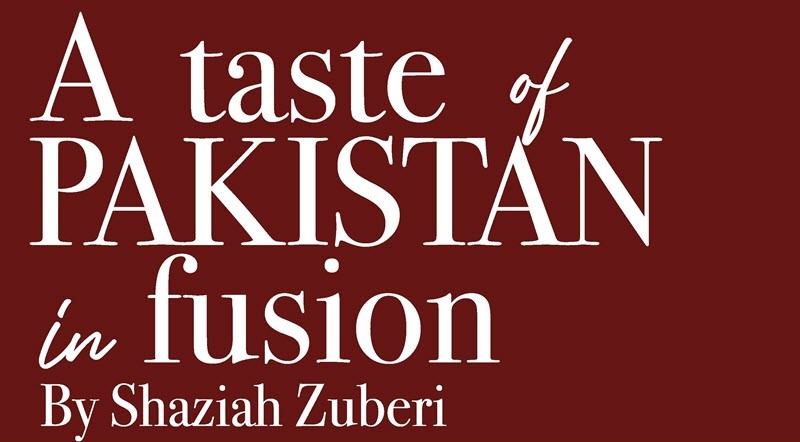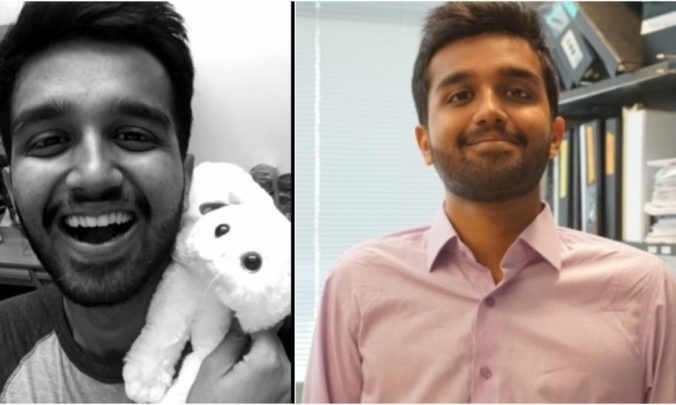Our loss, grief, and disappointments are profoundly personal. We all have unique circumstances and reactions to them. It’s hard to understand or even imagine another person’s pain when we’re not in a physically or emotionally intense state. We often underestimate its impact.
However this is somehow not the case in the Shariq Jumani tragedy. Shariq, a 19 year old Columbia University student from Pakistan, was recently struck by a fast-moving car which barreled into him when he was crossing the street on a pedestrian cross-walk in the Riverside Drive area of Manhattan. The driver, who had a thrice suspended driver’s license, fled from the scene after the accident. Shariq was immediately rushed to nearby St. Luke’s hospital where it was discovered that he had severe brain trauma, fractured bones in both his legs, and suffered severe internal abdominal bleeding. He has had to undergo multiple surgeries and faces many years of ongoing treatment and medical care.
Shariq Jumani is a precocious young man, motivated to make a difference. He studied at Karachi Grammar School, from where he made his way to Columbia University, which he attends on the prestigious Science Research fellowship, awarded to only 20 of Columbia’s most promising science students annually. He was recently awarded a research position for this summer at Columbia University Medical Center to conduct cancer research under the associate director of the center’s cancer division. His professors, friends, and family describe him as uniquely ambitious, intelligent, and multifariously talented. He is incredibly caring, always wanting to lend a hand to everyone who is lucky enough to know him. He is joyful and lively and hilariously sarcastic, and would bring a smile to everyone’s face.
Shariq’s tragedy is gut-wrenching. It rips away his present as well as tears apart hopes for his future. His friends and family have mobilized efforts on social media to raise funds to defray the considerable costs of his medical treatment. The incident reminds me of how someone’s life, perfectly normal and full of aspirations at one moment, can be completely upturned in the next. It was the horrific accident that maybe anyone could experience on account of someone else’s mistake or wrongful action. We leave the house believing that we will return safely, never thinking that something seriously bad could happen to us. In fact, it forces me to think that at times there is no perfect place to walk, to live, or perfect life that we should look for. At times we have to live and endure some form of what the famous author Sheryl Sandburg calls ‘Option B’. For me Option B is the second chance or the life we choose after a painful experience that helps us build resilience and find meaning in the face of adversity.
It is normal and commonplace to make mistakes in our everyday life. But we often forget that some of our small mistakes or negligence can have serious consequences. We turn our heads for a split second on the playground at just the moment our child falls. We change lanes and hit the car in our blind spot. We get rejections due to our misjudgments. We make big mistakes too – errors of judgment, failures to follow through on commitments, lapses of integrity. None of us can change what we have already done. What’s done is done.
The truth is that when life throws us nasty curveballs it typically doesn’t make any sense to us, and our natural emotional reaction might be to get extremely upset and scream obscenities at the top of our lungs. What helps is if we simply let go and have complete faith that every difficult moment in our lives is accompanied by an opportunity. As Helen Keller put it, “when one door of happiness closes, another opens; often we look so long at the closed door that we do not see the one which has been opened for us”.
I hope it happens in Shariq’s case when he recovers from his injury. I pray that he has resilience, and looks at the bright side in order to move forward. For me, resilience leads to better health, greater happiness, and success. It is not a fixed personality trait; in fact, no one is born with a set amount of it. Rather it is a muscle that he can build to continue his mission.
Over the past over two weeks, Shariq has been fighting with life threatening injuries with uncertain recovery prospects. It is going to be long road to him and his immediate family to come out from this traumatic experience. I can imagine that throughout this process his loved ones will be feeling a void and a vast emptiness. However they have no choice but to wake up every day. No choice but to go through the shock, the grief, and the survivor guilt. No choice but to try to move forward.
I’m hoping that Shariq’s darkness will pass, but he will ultimately need to push it away himself. Just like when life pulls you under, you can kick against the bottom, break the surface, and breathe again. For this to come to pass, he will need compassion from everyone around him to build his resilience. And resilience has to come from deep inside him, as well as from outside support. Shariq has a long road ahead and I wish him all the best.

